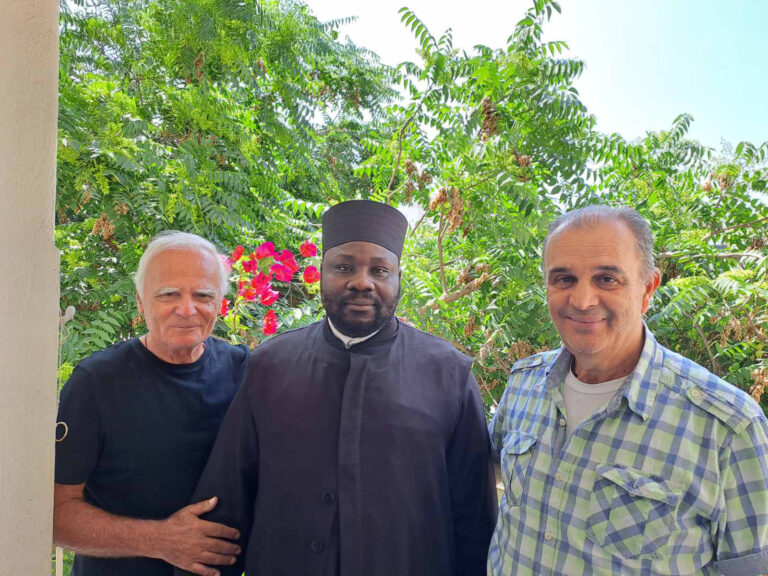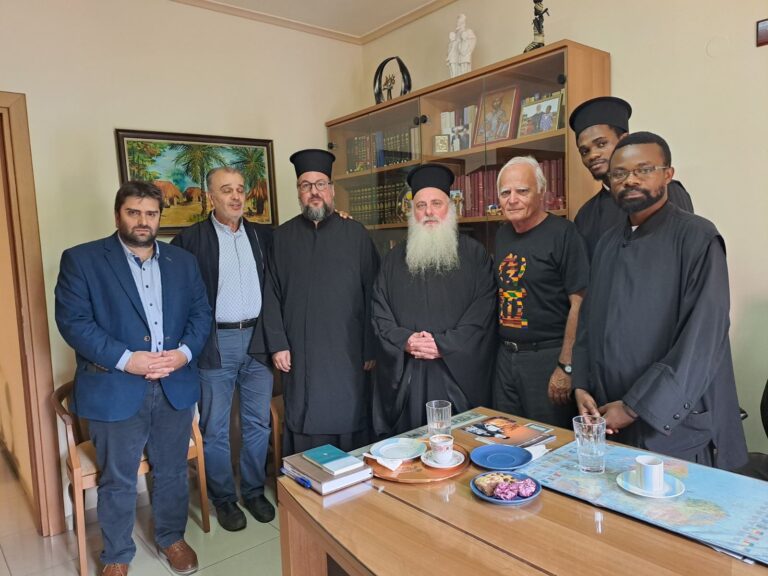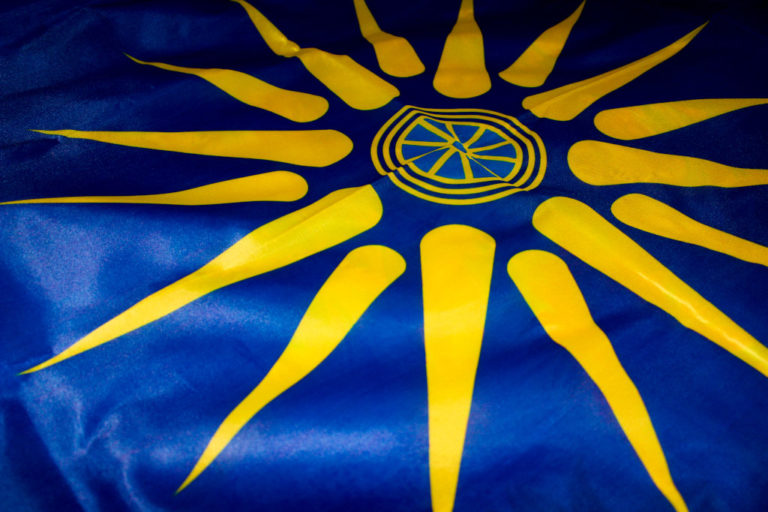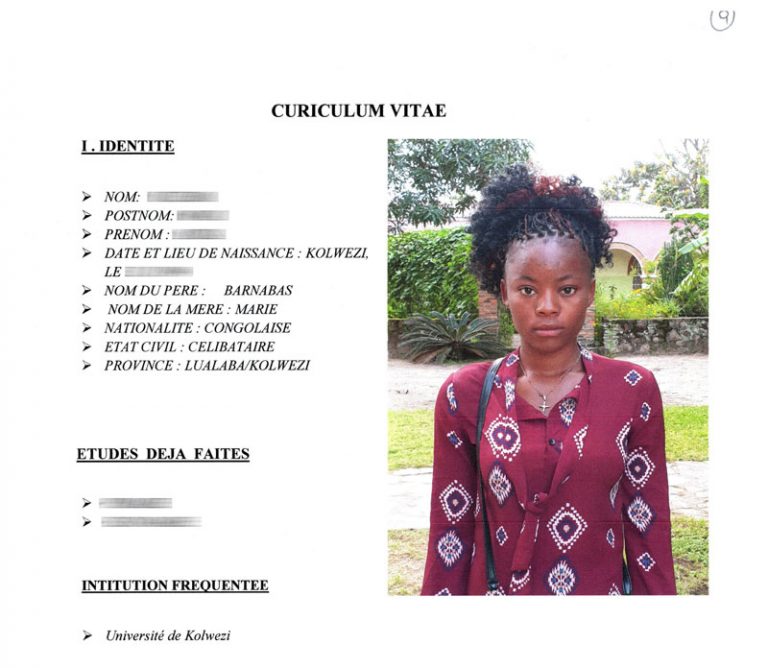Get to know Botswana, support its mission
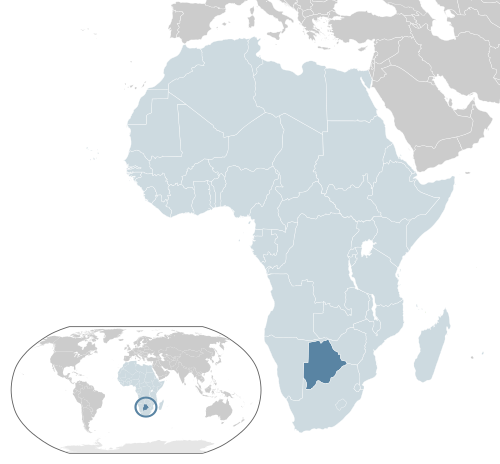
Botswana is a country in South Africa, with a variety of landscapes, in the southwest of which the Kalahari Desert, which covers 70% of its surface, stretches. It is 6 times larger than Greece with a total area of 600 370 sq. km. Due to the peculiar composition of its territory, it is one of the most sparsely populated countries in Africa with 3.4 inhabitants per square kilometre and a population of only 2 million people.
Its capital is Gaborone with 190,000 inhabitants, while major cities include Nguacete and Francistown. Botswana was a colony of Great Britain until 1966.


Flag of Botswana
Geography
The altitude in the country varies between 500 and 1500 m. The northeast of the country is traversed by the Okavango River, which is unique in that it does not flow into a lake or sea, but pours into the Kalahari Desert, creating a 22,000 sq km delta, which is one of Africa’s most valuable wetlands, enclosed in the arid desert region. The endemic flora and fauna of the area is enormous, as the wetland and its surroundings are home to rare species of stork, fish, crocodiles, elephants, hippos, antelopes, etc.
The climate shows great contrasts with cold winters and very hot summers. Rainfall is scarce, causing drought over vast areas. In August, westerly winds blow, carrying sand and dust over the country, resulting in reduced visibility. Water supplies are limited and the land, where it is not desert, suffers from overgrazing.

![I [GFDL (www.gnu.org/copyleft/fdl.html), CC-BY-SA-3.0 (www.creativecommons.org/licenses/by-sa/3.0/) or GFDL (www.gnu.org/copyleft/fdl.html)], from Wikimedia Commons I [GFDL (www.gnu.org/copyleft/fdl.html), CC-BY-SA-3.0 (www.creativecommons.org/licenses/by-sa/3.0/) or GFDL (www.gnu.org/copyleft/fdl.html)], from Wikimedia Commons](http://upload.wikimedia.org/wikipedia/commons/0/03/Flying-Antelope-Okavango.jpg) I [GFDL (www.gnu.org/copyleft/fdl.html), CC-BY-SA-3.0 (www.creativecommons.org/licenses/by-sa/3.0/) or GFDL (www.gnu.org/copyleft/fdl.html), from Wikimedia Commons”
I [GFDL (www.gnu.org/copyleft/fdl.html), CC-BY-SA-3.0 (www.creativecommons.org/licenses/by-sa/3.0/) or GFDL (www.gnu.org/copyleft/fdl.html), from Wikimedia Commons”
Demography
The inhabitants come from various tribes (Bakalanga, Bushmen, Basarua) with the main one being the Chuana, from whom the country takes its name (Botswana = country of the Chuana). The Chuana language is the most widely used language in the country and is, together with English, the official language of the state.
The Chuana are engaged in agricultural production, unlike the remaining Bushmen, who are fruit pickers and hunters. In rural areas, animism is the dominant religion.
70% of the population believes in Christianity. The main denominations are Anglicanism and Methodism. There are very few Orthodox, both Greek and Slavs, in the area, and there is no Orthodox Church in the whole country, only a chapel of the Russian embassy.
Economy
The main sectors of production are agriculture and livestock farming. The country has the second largest diamond mine in the world and a wealth of mineral wealth, which increases national income and generates growth. Nevertheless, unemployment has for years been soaring at 40%. Recently, the situation has improved dramatically and only 7.5% of the population is unemployed.
![By w:User:DDD DDD. [Public domain], via Wikimedia Commons By w:User:DDD DDD. [Public domain], via Wikimedia Commons](http://upload.wikimedia.org/wikipedia/commons/7/7c/Gathering_food_in_the_Okavango.jpg) By w:User:DDD DDD. [Public domain, via Wikimedia Commons” [/]
By w:User:DDD DDD. [Public domain, via Wikimedia Commons” [/]
The new beginning of Orthodoxy in the country
On October 7, 2010, by Patriarchal and Synodal Tome of the Patriarchate of Alexandria and All Africa and with the blessing of Mac. Patriarch Theodore II of Alexandria, the Holy Diocese of Botswana was established with Theoph. Mr. Gennadius Stangio. The Orthodox Church is called upon to start practically from scratch its spiritual work in this blessed country of Africa.
Our Brotherhood, feeling its historical responsibility, contributed with the amount of 50.000 € for the purchase of a plot of land with a house in the capital, which will be used as the first Missionary Centre of the Diocese and where the first Holy Church will be built in the near future. There are also plans to build two more Holy Churches.
You too can support the start of the Orthodox Mission in Botswana. Contribute so that the Word of the Gospel may touch the hearts of the Chuana people and transform them.
Photos and audio archive taken from Wikimedia Commons

